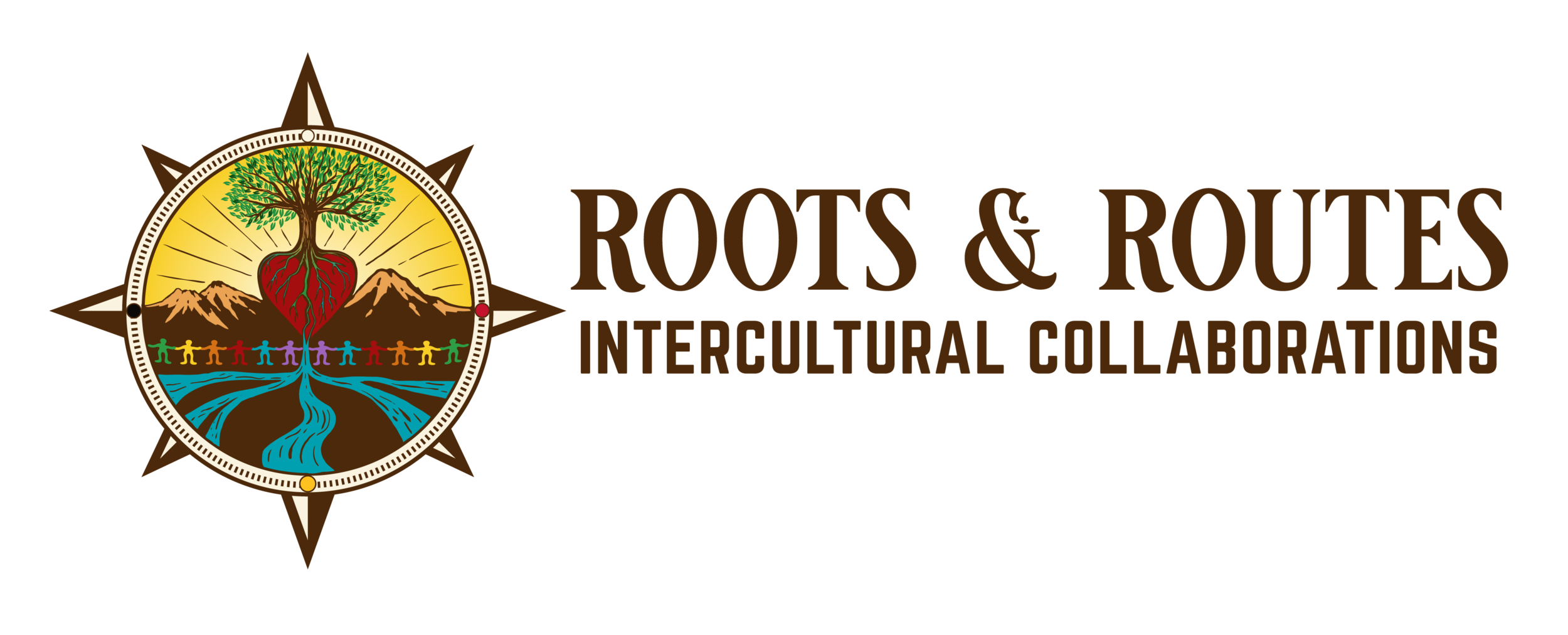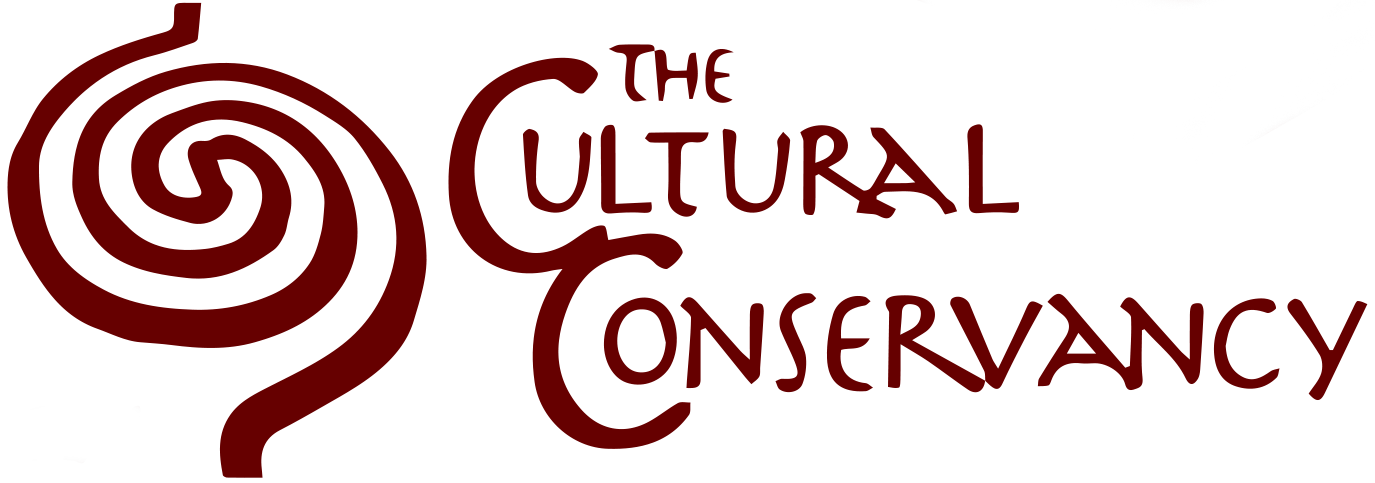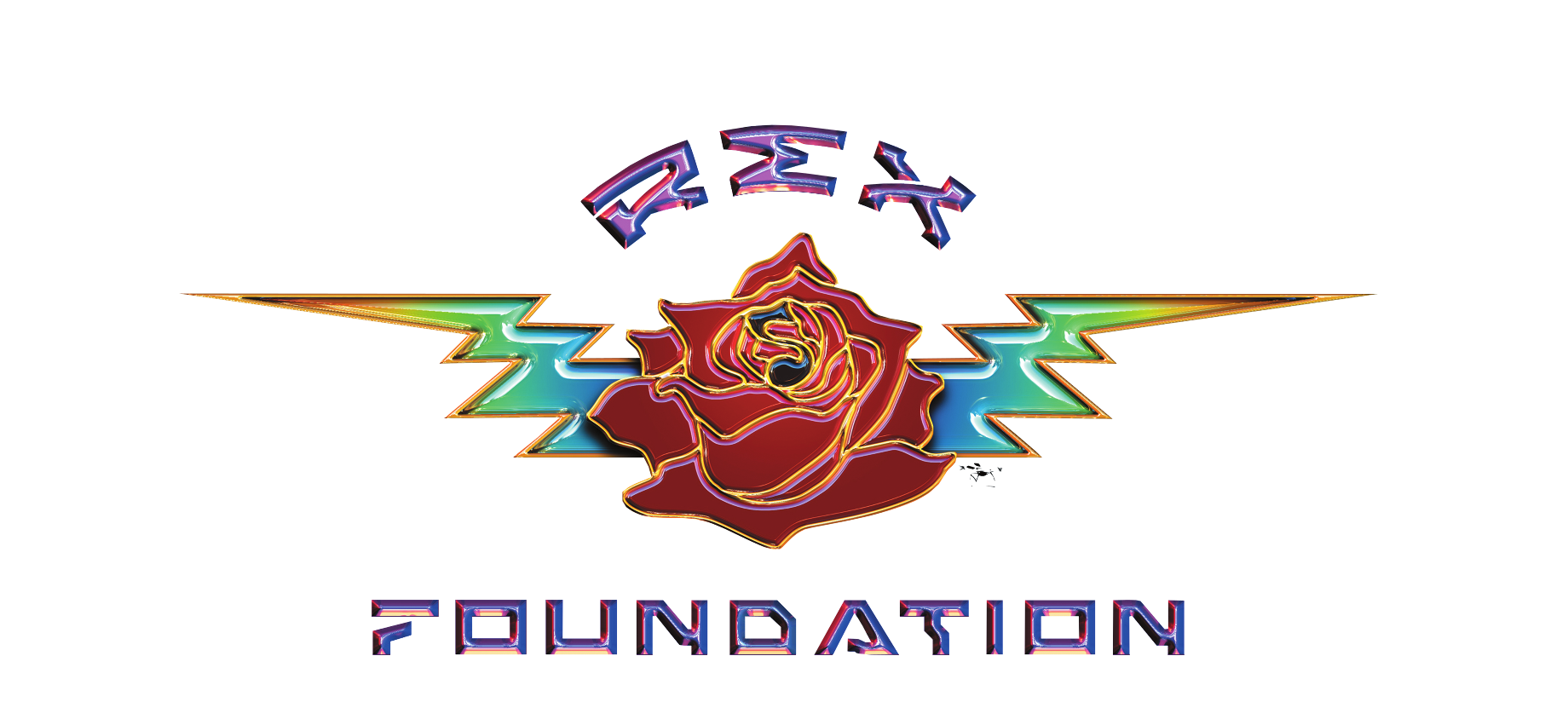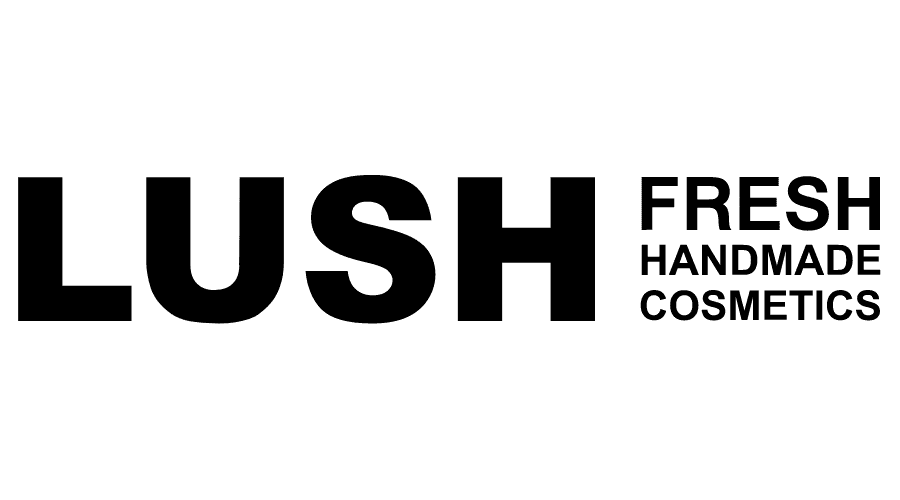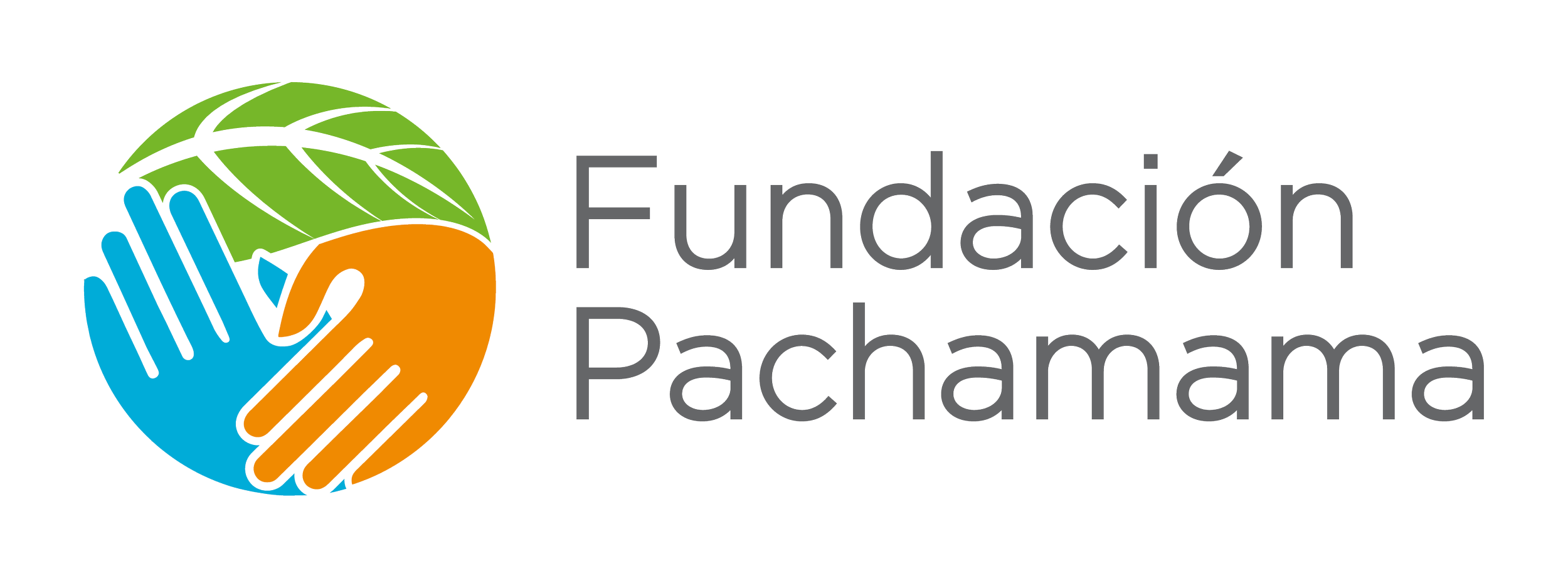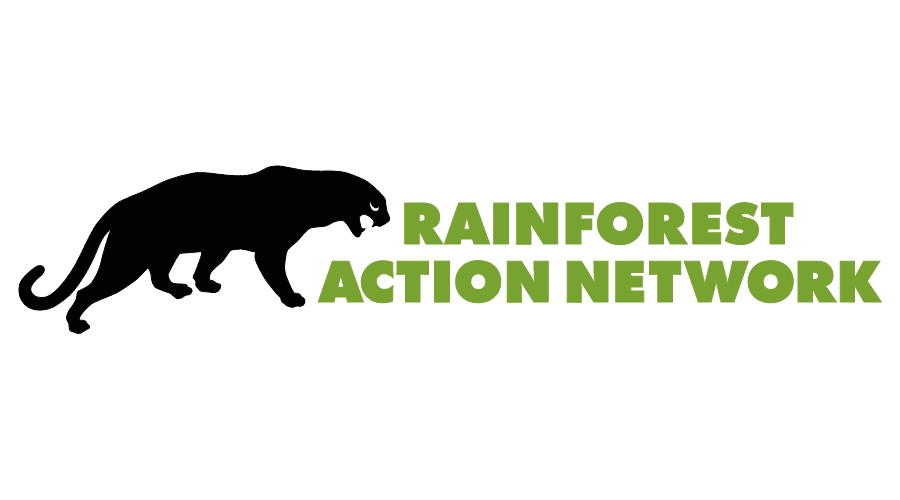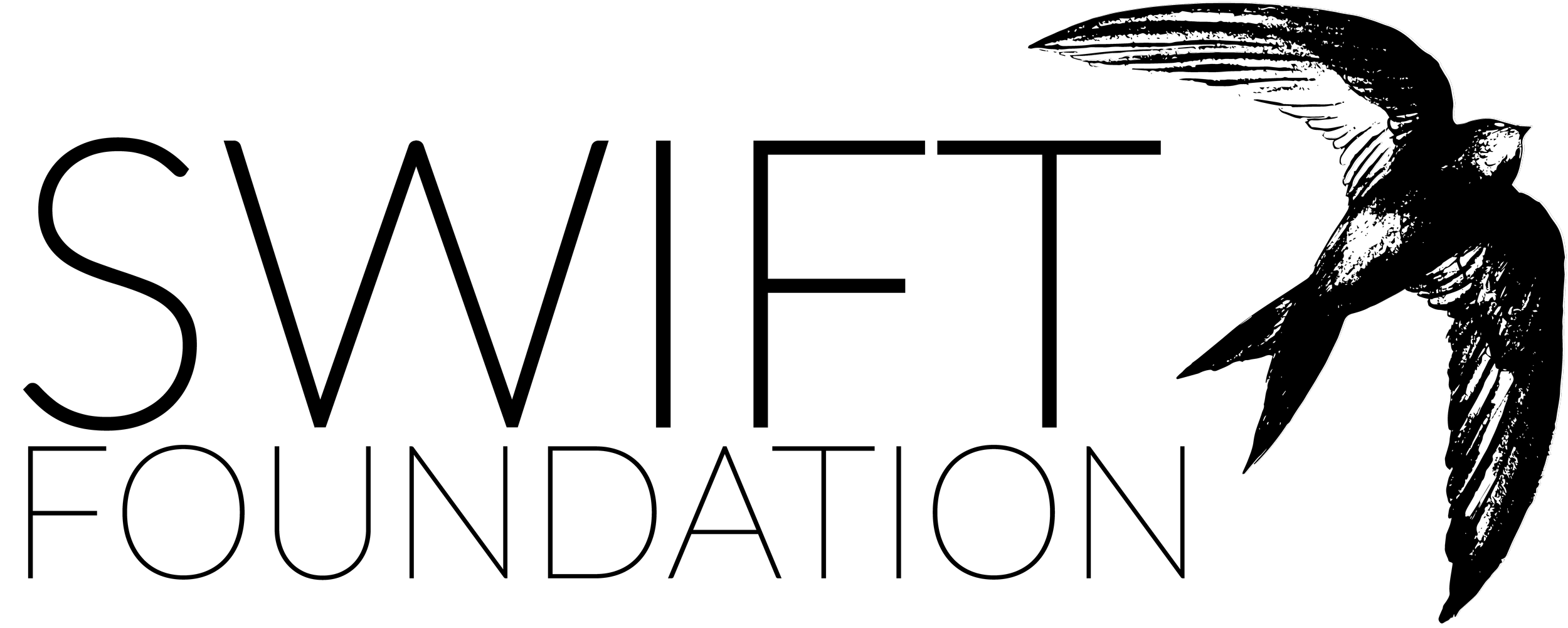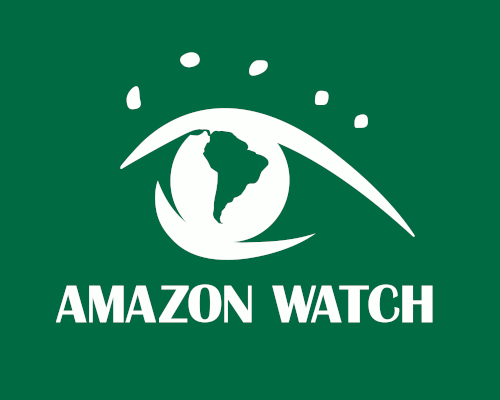Together for Water 💦 Documentary Project
"We have to go out and fetch water elsewhere. Now everything is quite critical. Even to eat, we have to go to San Lorenzo. We used to get the food from the river, we would just go down with the basket and we had enough food for two, three days."
—Community Partner, San Lorenzo (Esmeraldas, Ecuador), Chocó Bioregion
You may have heard of palm oil before, seen movements boycotting it or been told you should avoid purchasing products with palm oil. But why? What’s so bad about palm oil, and why is it not environmentally friendly? It is a complicated question, as the palm oil industry has negative implications towards both the environment, as well as people.
The palm oil industry has been linked to deforestation of some of the world’s most biodiverse forests, destroying habitats of animals and negatively affecting important ecosystems and biodiversity. This loss of forests increases the greenhouse gasses released into this atmosphere, contributing to climate change. One of the places that is experiencing the damage of oil palm plantations is the highly invisibilized, yet incredibly important Chocó Rainforest in northwestern Ecuador, which forms part of the Chocó Bioregion, considered one of the world’s biodiversity hotspots. This is where the story of our documentary Together for Water: Defending the Chocó Rainforest, takes place.
The once glistening waters shown here now run black, with dead fish floating on the surface, and community members experience rashes and health issues from washing in it. Photo by Juli Hazlewood.
The oil palm companies are negatively affecting the climate as they contribute to massive deforestation of the rainforest, major biodiversity loss, excessive river pollution, and subsequently, the serious deterioration of health and of the food sovereignty of the people. In the Chocó, the people are subjected to slave-like work conditions on the very lands that used to be theirs. Their sacred, ancestral lands, have been taken over by the palm oil plantations. The river pollution alone has led to health issues for the communities as they bathe and wash their clothes in the river, as well as loss of food and economic losses as the river pollution from the oil palm plantations kill the fish.
Many community residents experience rashes as a result of the river pollution. Outtakes from the film.
The documentary is an 2016 initiative of two communities in the Chocó—the Afro-descendent community of La Chiquita, and the Indigenous Awá community of Guadualito, located in San Lorenzo Canton, Esmeraldas Province—and Juli Hazlewood (a Geographer who did collaborative research with them since 2007, and who they appointed as their communciations advisor), who went to seek out a director. Roots & Routes IC, nascent in 2018 and co-founded and directed by Hazlewood, took the wheel is co-producing the documentary film Together for Water 💦 together with the Afro-descendant community of La Chiquita and the Indigenous Awá community of Guadualito, in collaboration with Eriberto Gualinga from Selvas Producciones (who led the film schools in 2016 and 2017 and participated in the voice offs in 2023).
This documentary highlights the situation for the two Black and Indigenous Awá communities and the first constitutionally-based Rights of Nature lawsuit in the world that they initiated to demand their rights amidst these circumstances. They want the oil palm companies to repair the damage and respect all beings that inhabit Nature: people, spiritual beings, rivers, forests, mangroves, and distinct species of trees, medicinal and food plants, mammals, amphibians, birds and invertebrates. This handcrafted, tender, fragmentary story packs a punch as forest peoples treated as disposable come together across cultures.
Their message: The Chocó exists and Black and Indigenous Lives Matter!
The documentary was born in August 2017 out of a first-time film school and audio-visual collaboration between Indigenous and ancestral communities in the lowland jungles on both sides of the Andes of Ecuador: the western Coastal Chocó rainforest and the eastern Amazon rainforest. The workshop sought to integrate young people from the two communities to the dynamic of documentary production. The goal: Teaching youth water protectors from Ancestral Black and Indigenous Awá communities how to use a camera to fight oil palm companies contaminating their rivers and poisoning their people. Through the workshop, 12 community youth—6 from each community—took the camera into their own lens, showing us their communities, the effects of the oil palm plantations, and their struggles against them.
Eriberto Gualinga (Selvas Producciones) and La Chiquita youth filming in the rainforest. Photo by Juli Hazlewood.
This way they are the ones who film some of the themes and sequences of the documentary, sharing their own stories in their respective communities. The film is narrated by a conversation between Indigenous Sarayaku film teacher and Director of Selvas Producciones, Eriberto Gualinga, who led the film school, and Christian Nazareno and Gaby Caujiboy—Black and Awá community youth, respectively. Christian and Gaby seed hope of something new as they narrate and weave together youth interviewing community leaders and regional historians. They lead us on a journey into the Chocó rainforest communities, the river’s shores, the polluted waters, and back again to the youth learning how to capture it all.
The youth from La Chiquita with their diplomas from the audiovisual film school. Photo by Juli Hazlewood.
The film highlights a lawsuit which has been going on for 20 years. The lawsuit started as a civil suit, and was partially ruled in favor of the communities, but nothing has changed since the ruling. Even though the communities have been standing strong in their lawsuit their efforts continue to be invisibilized, and has only worsened. In 2017, when the lawsuit was still a civil suit case, the judge ruled partially in favor of the communities. The ruling, however, was ambiguous and has not resulted in any changes. Oil palm plantation expansion and subsequent violation of rights is still rampant in Esmeraldas and throughout the country.
The Ecuadorian government has ignored this lawsuit and has passed a law that continues to promote and support corrupt oil palm companies' expansion, under the pretense of sustainable development. Oil palm expansion will be further accelerated after the "Law for Strengthening and Development of Production, Marketing, Extraction, Export, and Industrialization of Oil Palm and its Derivatives," a law that makes it official that the oil palm industrial complex is a state development priority, thus also backed by the Ministry of the Government, if communities obstruct its march across the last Ecuadorian rainforests.
It is clear that the oil palm industry is taking advantage of the Ecuadorian state of health emergency and the people's desperate economic situation, due to COVID, to push their agenda for expansion onward. We hope to influence the government and court’s decision, that the communities will achieve justice, and that this case will be able to serve as an example for other rainforest communities to not give up the struggle against extractive industries.
This documentary is not only highlighting the situation in the Chocó, but it is relevant to other rainforests and regions with similar experiences, as it brings the issue of oil palm plantations and extractive industries to the forefront. The emergency situations in which the Indigenous and Ancestral peoples in the lowland rainforests on both sides of the Andes find themselves are inextricably related. Their futures are entangled together despite the Andean highlands separating them. In some cases, they even share headwaters and watersheds. Thus, access to clean water under the conditions of COVID is a matter of life and death not only for the people of the Chocó Rainforest, but also for all the peoples of the Amazon
The project was created during a time when there was an urgent need for attention to the area, and served as a way for community members to speak for themselves and tell their stories. Along with this initial training in communication, the workshop also sought to respond to the need to continue production of the documentary in the global pandemic conditions that, for reasons of biosecurity, impose limitations on the mobility and contact of people. This project is more important now than ever and we are lucky to have been able to hold the film school and film in the communities when we did, as this would have been impossible to do at this point in time with increasing cartel violence in the region.
Maikel Cortez, youth from La Chiquita, swimming in the polluted river so integral to the communities’ lives. Outtakes from the film.
Next steps and how YOU can help
Now we have completed the editing phase! Thanks to our Editor and Script Writer Sergio Venturini, we have a beautiful final cut. What’s left: fine tuning the sound, music, color, and graphic design within the film. Our goal is to wrap the project up in time to have four community youth share their experiences and participate in the Festival Internacional de Cine Comunitario Afro Kunta Kinte (Afro Kunta Kinte International Community Film Festival) in Medellin, Colombia. Once the film is released we head into distributing the film in diverse film festivals and across different channels. Organizations who have offered to partner with us in disseminating our film include Cultural Survival, CELDF, Rainforest Foundation UK, International Rivers, Life Mosaic, Rainforest Action Network, Amazon Watch, and Earth Law Center.
We are also hosting two film festivals in Ecuador. One festival will be an in-community festival where the film will be shown to the people of San Lorenzo, hosted by the Indigenous Awá community of Guadualito and the Afro-descendent community of La Chiquita, whose lives and stories are featured in this film. Due to increasing violence in the region we are looking into a safe place to hold the film festival. Then, a film festival will be held in Quito, the capital of Ecuador. We also have plans to hold collaborative workshops with other organizations that feature the film within greater conversations with youth about related topics: Rights of Nature, racial-with-environmental justice, Indigenous and Black diaspora ways of knowing. oil palm expansion, water, and forests.
If you want to support this project and help us get the word out, here is how:
Share this blog, our instagram posts and the teaser on your social media.
Donate to the project using the button at the bottom on this blog, or contact us at juli@rootsroutes.org if you’d like to speak about funding opportunities.
If you belong to a company or organization that does not have funds to contribute but still wants to support you can help distribute the film once it is released later this year. Contact us at juli@rootsroutes.org so we can add you to the distribution list.
You may also contact us at @juli@rootsroutes.org if you are interested in purchasing the film once it is released for individual use, or for educational purposes.
